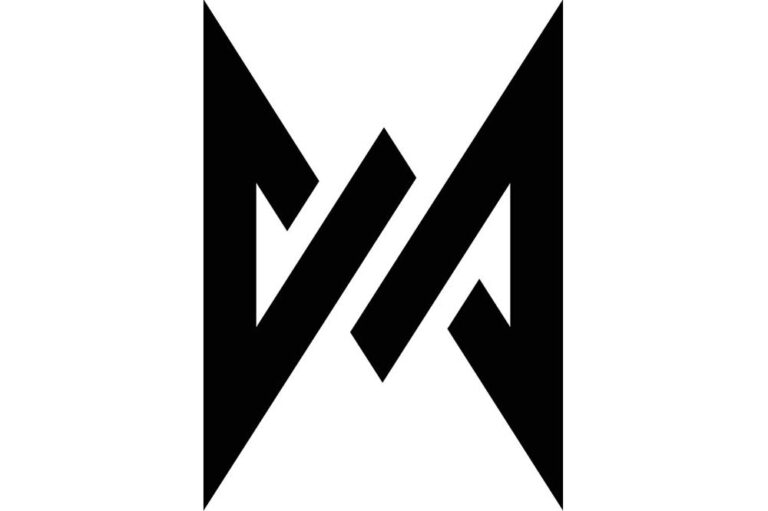by Nicole Cushing
Seven years ago I started to seriously focus on building a writing career, and it’s been a long, hard road to this place where I now stand. A lot of good things have happened along the way. My novella Children of No One was nominated for a 2013 Shirley Jackson Award. My new novel Mr. Suicide has been praised by three of the authors I’ve long-admired: Jack Ketchum, Poppy Z. Brite, and Ray Garton. I’ve recently seen my work translated into German.
But none of these successes came easily. I had a lot to learn. (And not all the lessons were about the writing craft itself; many had more to do with how to play well with others — while still preserving my individuality and self-respect.)
So, keeping that in mind, I’ve prepared a list of the top ten things I wish I would have known when I started writing.
- The publishing business may work quite differently from your day job, with a different culture and different expectations of how people interact. People network differently than in some day jobs. People market and promote projects differently, too. And while there are helpful professional organizations, as a freelancer you don’t have an HR department just down the hallway where you can file a grievance in the event things go seriously awry.
- When you’re just starting out, you’re probably not as strong a writer as you think you are. You probably have the ability to occasionally turn an interesting phrase. That’s why you think you can do this job. But you probably don’t yet know how to write a story or novel. It will be helpful, in the long run, to lose just a bit of your confidence. That way, you’ll become teachable.
- Don’t take rejection personally. When you’re sending unsolicited work to editors or agents, the default setting for their responses is no. It takes something truly special (and/or right up their alley) to flip them over to yes.
- Sometimes, especially early on, your work will be rejected because it isn’t an effective story. It doesn’t do what a story is supposed to do.
- As you advance in skill, you’ll get rejected simply because your work doesn’t dovetail with the tastes of the editor (or the college kid who is reading the slush pile). And, in the case of novels, rejections may be due to market conditions (your book may be good, but hard to sell to the masses).
- One day, you’ll get out of the slush pile. People will be asking you for stories. In fact, so many people will be asking you that you’ll have to turn some of them down. Yeah, I know…doesn’t that sound sweet?
- Remember what I said up in #9, about the need to lose a bit of confidence when you’re starting out? Well, at some point, after honing your craft for a few years, it will be important to reclaim it. Confidence is the fuel that enables you to take risks — both artistically and commercially. Taking risks is how we all grow. Confidence also shields you from all the crap that will inevitably come your way. Bad reviews. Sales that are a bit worse than hoped. Wavering support from family and friends. Worries that you’re foolish for pursuing your own goals instead of The One True Path to success that’s fashionable among all the writers this year. Every writer encounters at least some of these issues along the way. All of these can be survived with the help of confidence. (It may not be pleasant, but you’ll survive.)
- In any given group of writers, there will be a few blowhards and abrasive egomaniacs. In some cases, you just have to learn to tolerate them. But, in many cases, you don’t. When dissolving a connection to a toxic acquaintance in the writing game, you don’t have to scold them in person or publicly denounce them on social networking sites. You can just walk away and never look back. They’re usually so wrapped up in themselves that they won’t even notice.
- Be yourself. I know it sounds trite, but it’s true. Long-term, sustainable success won’t come from parroting whatever’s commercially viable at the moment. It’ll come from those stories that skitter out from the darkest recesses of your nightmares.
- Writing is the hardest work you’ll ever do and the most fun you’ll ever have. If it’s not approached as work, then you likely aren’t going to improve your craft and complete tasks. If it’s not — at some level — fun, then why keep doing it?

